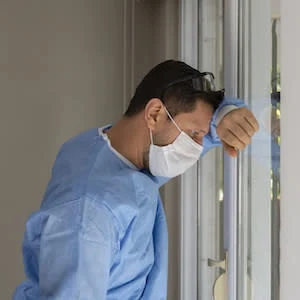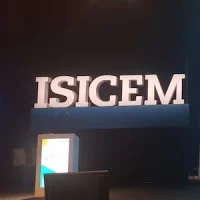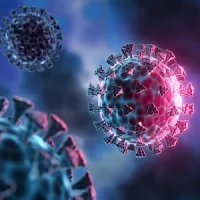In an interesting session at #ISICEM23, Michelle Chew, Professor of Anesthesiology, Intensive care, and Acute Medicine Care at Linköping University Hospital, Sweden, talked about stress, anxiety, and burnout.
Prof Chew discussed a study conducted by her group on perceived and physiological stress, anxiety, and burnout among ICU staff in an area with two million inhabitants. The study focused on staff in two major hospitals that admitted COVID-19 patients into the ICU. This was the time during the pandemic when patients, relatives, and staff were all stressed due to the sudden surge of patients. The research team measured stress levels using the Perceived Stress Scale (PSS). They measured anxiety using the Hospital Anxiety and Depression Scale and burnout using the Maslach Burnout Inventory.
However, since stress is a subjective experience, it is difficult to measure. Hence, the researchers collaborated with the university to develop a method to measure the stress hormone cortisol in hair. This method offered the advantage of avoiding diurnal variations and could measure chronic stress since one centimetre of hair is equivalent to approximately one month. This allowed the team to measure chronic stress.
Prof Chew highlighted that ICU staff, including nurses and physicians, have been suffering from high stress, anxiety, and burnout levels for many years. The media has also reported on the suffering of healthcare workers during and after the COVID-19 pandemic. Although there was public sympathy/empathy for healthcare workers during the initial months of the COVID-19 pandemic, they seem to have been forgotten now. The scale of healthcare professional shortages is also a pressing issue and remains a significant threat to healthcare worldwide. There are widespread shortages in personnel, and no relief is in sight.
Prof Chew pointed out that no profession can deal with stress, anxiety, and burnout independently. Collaborations with politicians, journalists, and decision-makers are essential to raise awareness and prevent these issues among healthcare workers. She recommended shifting focus away from the prevalence of burnout and stress and instead focusing on proactive measures. This would include identifying the most vulnerable groups and implementing pre-emptive strategies.
Prof Chew talked about the National Plan for Health Workforce Wellbeing published by the U.S. National Academy of Medicine, which outlines seven areas to improve workplace wellbeing, including prioritising and investing in efforts to optimise environments that prevent or reduce burnout. The blueprint calls for federal research funding to gather evidence on which areas need the most focus, such as which groups within the ICU are particularly affected by burnout and stress - whether it's the family, middle managers, nurse's aides, or high-level consultants. It is also essential to gather evidence on the areas that need improvement, such as shift work or exposure to grief, as there is currently no evidence to support which areas should be prioritised for improving the wellbeing of healthcare workers.
Research has shown that women healthcare workers have been disproportionately affected by the pandemic, but it is unclear if this is true across all countries and professions. Prof Chew emphasised the importance of coordinated research backed by federal funding to gather such evidence.
She advocated for the creation of a national strategic plan to improve the wellbeing of healthcare professionals and sufficient research funding to focus on the workforce and their environment. She also emphasises the need for increased focus on healthcare managers and the organisational prerequisites to cope with crises. Her point of focus was that instead of simply acknowledging the importance of addressing stress, anxiety, and burnout, there is a need for a change of focus on taking actionable steps toward improving healthcare workers' wellbeing.
Source: ISICEM 2023
Image Credit: iStock
Slide Credit: Prof Chew's presentation @ISICEM23










